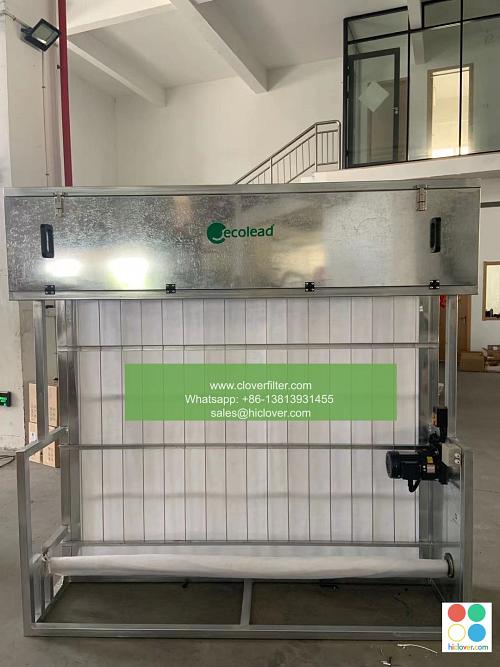The Ultimate Guide to Air Filter Plugins: Everything You Need to Know

Air filter plugins have become an essential component in various industries, including indoor air quality management, heating, ventilation, and air conditioning (HVAC) systems, and air purification systems. In this article, we will delve into the world of air filter plugins, exploring their applications, types, and benefits. Whether you are a homeowner, facility manager, or industry professional, this guide will provide you with a comprehensive understanding of air filter plugins and their role in maintaining clean air and healthy environments.
What are Air Filter Plugins?
Air filter plugins are modular components designed to be integrated into existing air filtration systems or ventilation systems. They are typically easy to install and maintain, making them a popular choice for indoor air quality improvement. Air filter plugins can be used to remove pollutants, reduce odors, and improve airflow in various settings, including residential, commercial, and industrial environments.
Types of Air Filter Plugins
There are several types of air filter plugins available, each with its own unique features and applications. Some of the most common types include:
* HEPA (High Efficiency Particulate Air) filter plugins: Designed to capture 99.97% of particles as small as 0.3 microns, HEPA filter plugins are ideal for allergy sufferers and asthma patients.
* Activated carbon filter plugins: Effective in removing odors and gases, activated carbon filter plugins are commonly used in kitchen ventilation systems and industrial settings.
* UV (Ultraviolet) filter plugins: Using UV light to kill bacteria and viruses, UV filter plugins are often used in healthcare facilities and food processing industries.
Applications of Air Filter Plugins
Air filter plugins have a wide range of applications across various industries, including:
* Indoor air quality management: Air filter plugins can be used to improve indoor air quality in residential, commercial, and industrial settings.
* Heating, ventilation, and air conditioning (HVAC) systems: Air filter plugins can be integrated into HVAC systems to improve airflow and reduce energy consumption.
* Air purification systems: Air filter plugins can be used to enhance the performance of air purification systems in healthcare facilities, food processing industries, and other sensitive environments.
Benefits of Air Filter Plugins
The use of air filter plugins can provide numerous benefits, including:
* Improved indoor air quality: Air filter plugins can remove pollutants and reduce odors, creating a healthier environment for occupants.
* Increased energy efficiency: By improving airflow and reducing energy consumption, air filter plugins can help reduce energy costs.
* Extended equipment lifespan: Air filter plugins can protect equipment from damage caused by pollutants and debris, extending its lifespan.
In conclusion, air filter plugins are a versatile and effective solution for improving indoor air quality and maintaining healthy environments. By understanding the types, applications, and benefits of air filter plugins, homeowners, facility managers, and industry professionals can make informed decisions about air filtration systems and ventilation systems. Whether you are looking to improve indoor air quality, reduce energy consumption, or protect equipment, air filter plugins are an essential component to consider. You haven’t asked a question or provided any context. What would you like to talk about?

